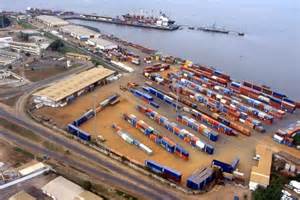In the light of various challenges faced by Tanzania as regards the electrification of the country, and the assertions by analysts that this project would not see the light of day till the 22nd century, all hope is not lost as the pay-as-you-go solar power has become “the light at the end of the tunnel” for people in East Africa.
Tanzania which is one of the least electrified countries in Africa, has been faced with challenges which include inadequate capital needed to expand the national grid to remote parts of the country, and questions as to whether demand in rural markets will be strong enough to justify such an expensive investment.
Across Africa, entrepreneurs and investors have started to take advantage of improvements in the cost of delivery and storage of solar power as well as scalable new payment models to bring electricity to rural communities that have never had access to the grid.
Co-founder and COO of a solar energy startup in Arusha, Northern Tanzania, Erica Mackey said “The average Tanzanian will consume as much power in eight years what an American right now consumes in one month. So grid lines don’t really make sense for the majority of Tanzanians and East Africans from an investment perspective”.
Her company, Off Grid Electric, set out to find a solution that provides much-needed power to communities left off the grid, at a much cheaper cost. Launched in 2012, Off Grid employs the pay-as-you go model similar to the one used by mobile phone companies on the continent. Customers pay a $6 installation fee for a solar energy system that powers basic lights and devices such as radios, television sets, and entertainment systems. Following the installation, access to electricity is unlocked after buying $6-$15 worth of credit through a mobile platform, M-Power, paid for monthly.
Mackey says Off Grid is connecting 10,000 households a month in Tanzania and aims to light 1 million homes by 2017, about 10% of the country’s households. At the moment, the service is available in about 60% of the country; this year the company wants to expand to the remaining parts of Tanzania. Off Grid is also covering a quarter of Rwanda and hoping to cover the entire country by the end of the year.



